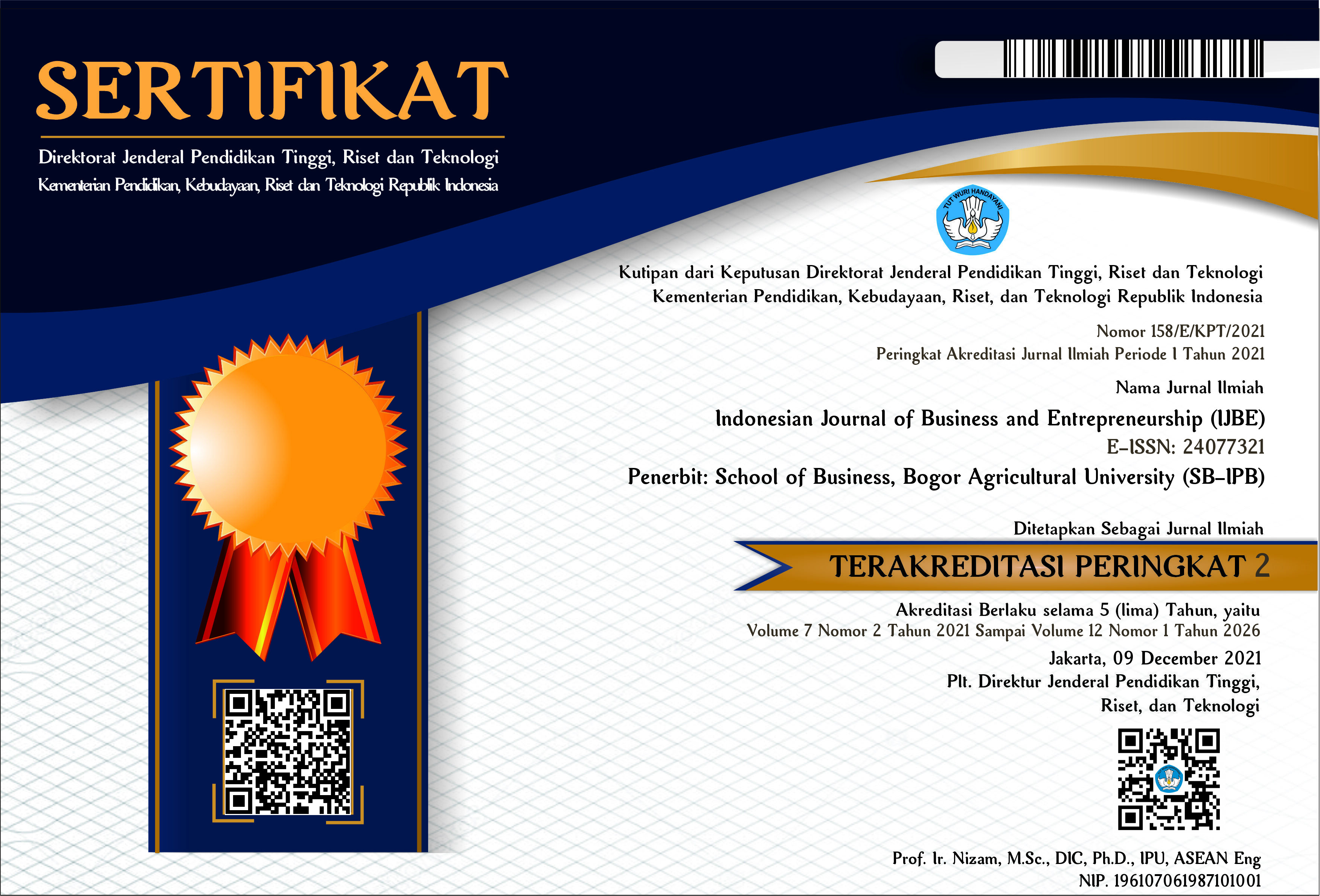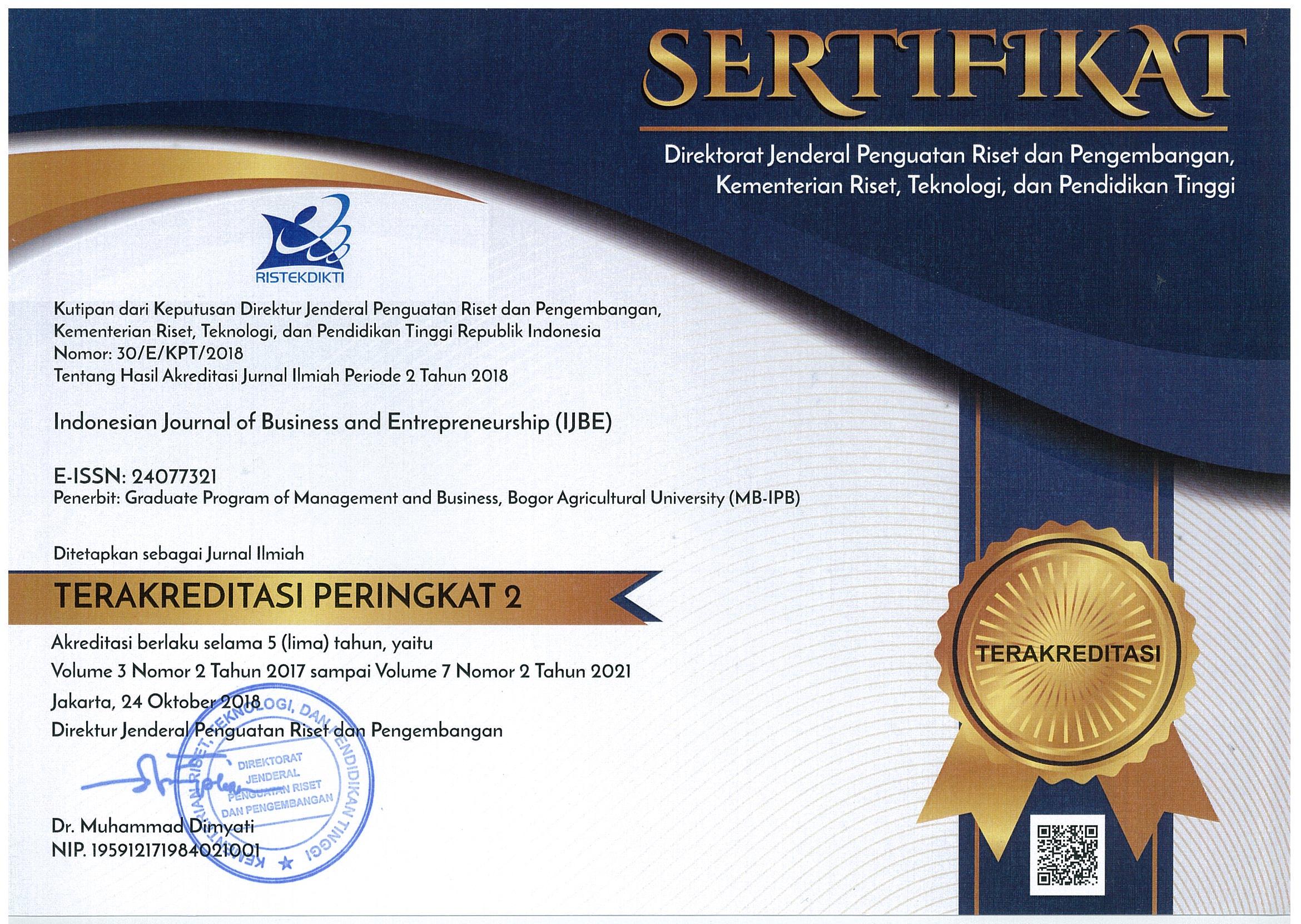Sociopreneurship Business Model in Waste Management by Surakarta Waste Bank: a Contribution of Sustainability
Abstract
Background: Environmental problems are becoming a global concern, so appropriate solutions are needed to handle them, especially in waste management. The waste bank program can be an alternative solution for managing household waste.
Purpose: This research aims to (1) examine how waste management activities are implemented by the Surakarta Waste Bank/BSI and (2) explain whether the Surakarta Waste Bank/BSI contributes to sustainable development.
Design/methodology/approach: This study employed a qualitative method with a case study approach. Data was gathered through interviews, observations, and documentation.
Findings/Result: The research results show that (1) The Surakarta Waste Bank/BSI applies the concept of reduce, reuse, recycle (3R), which is in line with circular economy principles and has created a canvas business model that combines social and environmental missions with business principles described in the business model canvas of sociopreneurship in waste management activities. (2) The sociopreneurship carried out by the Surakarta Waste Bank/BSI has brought about social changes in terms of behavior where people have become more responsible in managing waste while at the same time contributing to sustainable development in economic, social and environmental aspects. From an economic aspect, BSI can increase the income and welfare of people involved in waste management, whether as customers, managers, or producers. Social aspect: BSI can increase public awareness and participation in responsible waste management. Environmental aspect: BSI can reduce the volume of waste disposed of in final disposal sites (TPA), reduce the negative impact of waste on the environment, and increase the positive benefits of waste as a resource that can be reused.
Conclusion: Waste management activities by BSI contribute to sustainable development across economic, social, and environmental dimensions. It is hoped that the results of this research can provide information as a basis for consideration, support, and contribution of thought to environmental activists and sociopreneurship to implement sustainable business and social missions, as well as provide recommendations for solutions to decision-makers in their efforts to execute sustainable development missions by increasing the economic independence of community and environmental improvement.
Originality/value (State of the art): This is the first study to explore the waste bank programs that promote the circular economy principle using a sociopreneurship model and its related possibilities for sustainable development efforts.
Keywords: sociopreneurship, waste bank, circular economy, sustainable development, surakarta








